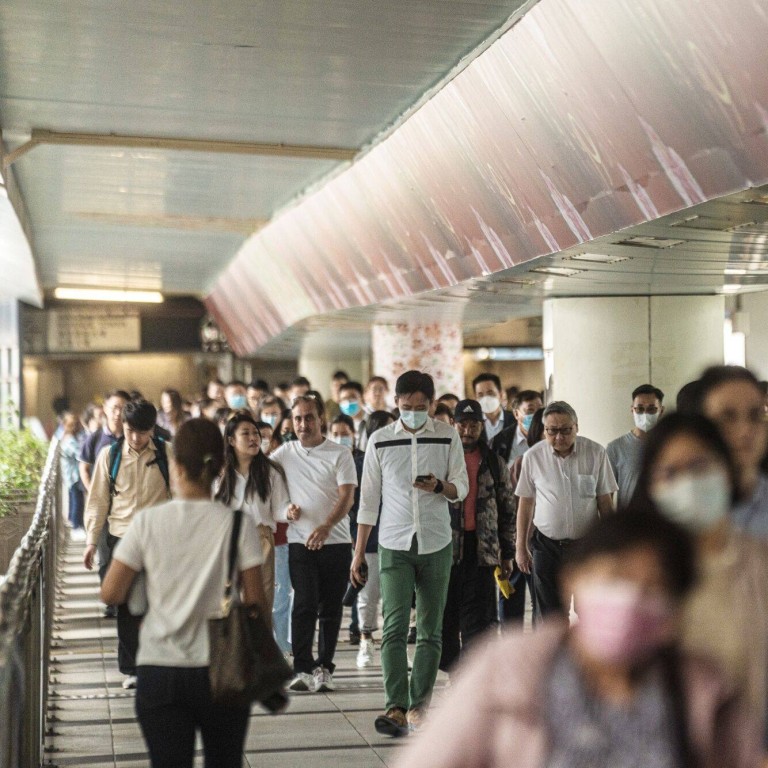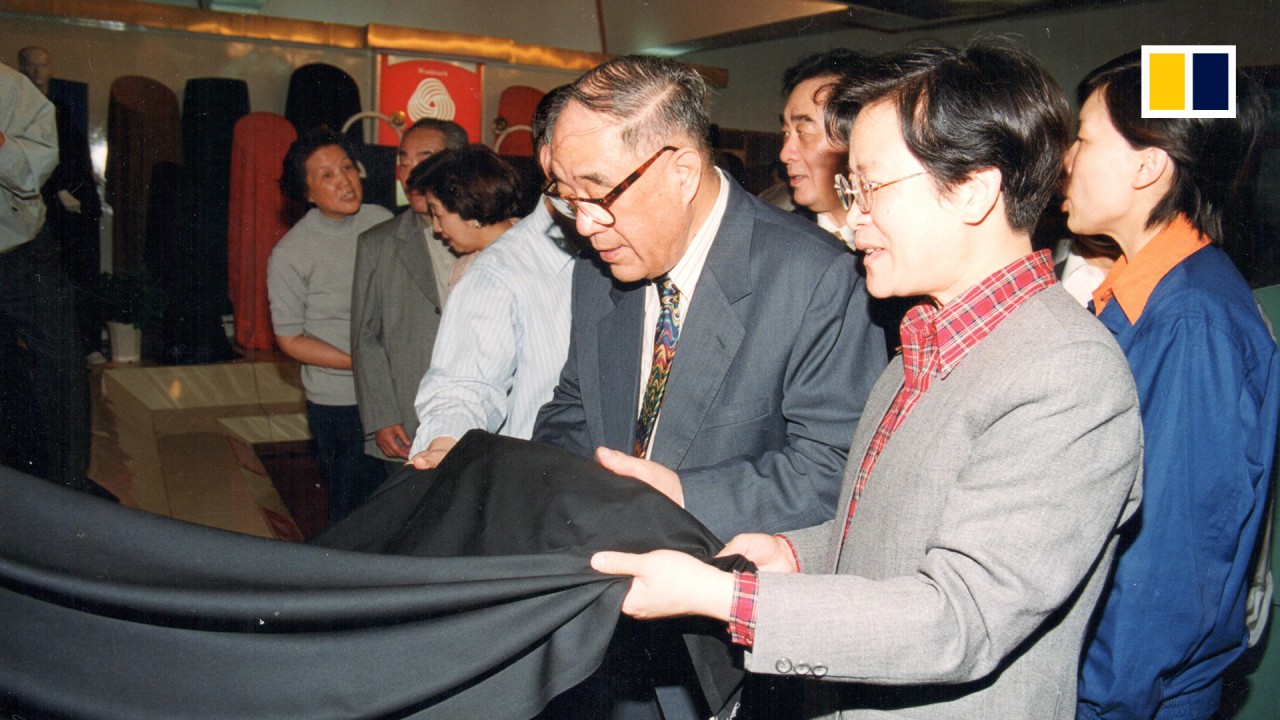
Amid slower growth, Hong Kong’s economy must change alongside mainland China
- Hong Kong has long been a service-based economy reliant on finance, tourism, trade logistics and professional services
- But as the Chinese economy shifts towards domestic consumption, Hong Kong must change too, to maintain healthy economic and job growth
Hong Kong is not alone in facing these complex and interconnected challenges. Yet the factors behind its success as a high-income economy may become the very constraints that hinder its future prosperity and progress.
At the end of the last century, Hong Kong deindustrialised and built a service-based economy reliant on finance, tourism, trade logistics and professional services. Free-market fundamentalism made Hong Kong one of the world’s freest places to do business. It fostered a productive and complementary relationship with mainland China, which underwent rapid industrialisation as it integrated with the global economy.
Hong Kong is also experiencing slower rates of growth and productivity gains, the common plight of mature economies.
Although Hong Kong’s literacy rate and tertiary education coverage are among the world’s highest, this has not necessarily translated into growing earning potential and job security. While the top 10 per cent see rising wage growth, the middle 40 per cent have seen stagnant wages.
Home ownership, a hallmark of middle-class status, fell to a 20-year low in 2019; at around 50 per cent, it is among the lowest in developed Asian economies. Participation in middle-class jobs is at further risk of dwindling due to an export sector slowdown and efficiency gains from artificial intelligence. The downward mobility of the middle class can reduce consumer spending and erode social cohesion.
Globalisation-driven growth is not going away entirely. Trade within and across regions has continued to grow, geopolitical tensions notwithstanding, revealing the intertwined nature of economies. Hong Kong’s participation in international trade will create jobs and spur economic growth, albeit at a slower rate than before.
Market capitalism is also not going away. Markets have proven to have unleashed growth and innovation, compared to the alternatives. To generate growth, anyone should be able to start a business using their imagination and skill set, and find others who are willing to buy what they sell.
Ills of globalisation can’t be solved by a turn to zero-sum rivalry
At the same time, market distortions and failures need to be corrected, to address social, environmental and human capital challenges that have not and will not be addressed adequately by market incentives alone.
The government has made inroads into investment in education and skills development to ensure that workers are able to adapt to the changing economy, and into the promotion of innovation and entrepreneurship in emerging industries that are higher value-added and more productive.
As automation enhances productivity, businesses can repurpose jobs to reduce worker displacement, to employ people in good-quality jobs with decent pay. The government can also incentivise the maintenance of reasonably paid jobs by giving businesses employee retention tax credits.
As generative AI becomes a key production resource, human-centred technologies that help human workers, instead of hurting them, will need to be encouraged. The market may underinvest in collective goods, such as public health and environmental sustainability, so policies to alter incentives will help bolster innovation and productivity in these areas.
Businesses will have to be part of the solution in maintaining healthy economic and job growth, while finding ways to build a stronger social fabric to help the vulnerable. Businesses that build a culture of positive change, embrace creativity and prioritise inclusive growth will create longer-term value, in terms of employee satisfaction, retention and recruitment, as well as customer and public perception.
Rather than fear a godlike AI, let’s put the tech we invented to good use
This is not just a policy issue, but a leadership and management issue. Macro uncertainties and crises have prompted businesses to renew their focus on shared prosperity and inclusive growth. Businesses need to build trust with consumers and employees, and to come up with fresh solutions to improve the quality of growth, in an era of slower growth.
Hong Kong needs effective leadership to bring together different stakeholders in society, set the right tone for communicating with the public and identify a solution set that balances competing interests while admitting limitations to what can be achieved.
Efforts to correct unbalanced growth, bring distributional justice and generate higher- quality growth that does not damage the environment and destroy jobs will help put Hong Kong on a more stable and prosperous economic path.
Janet Pau is executive director of the Asia Business Council




